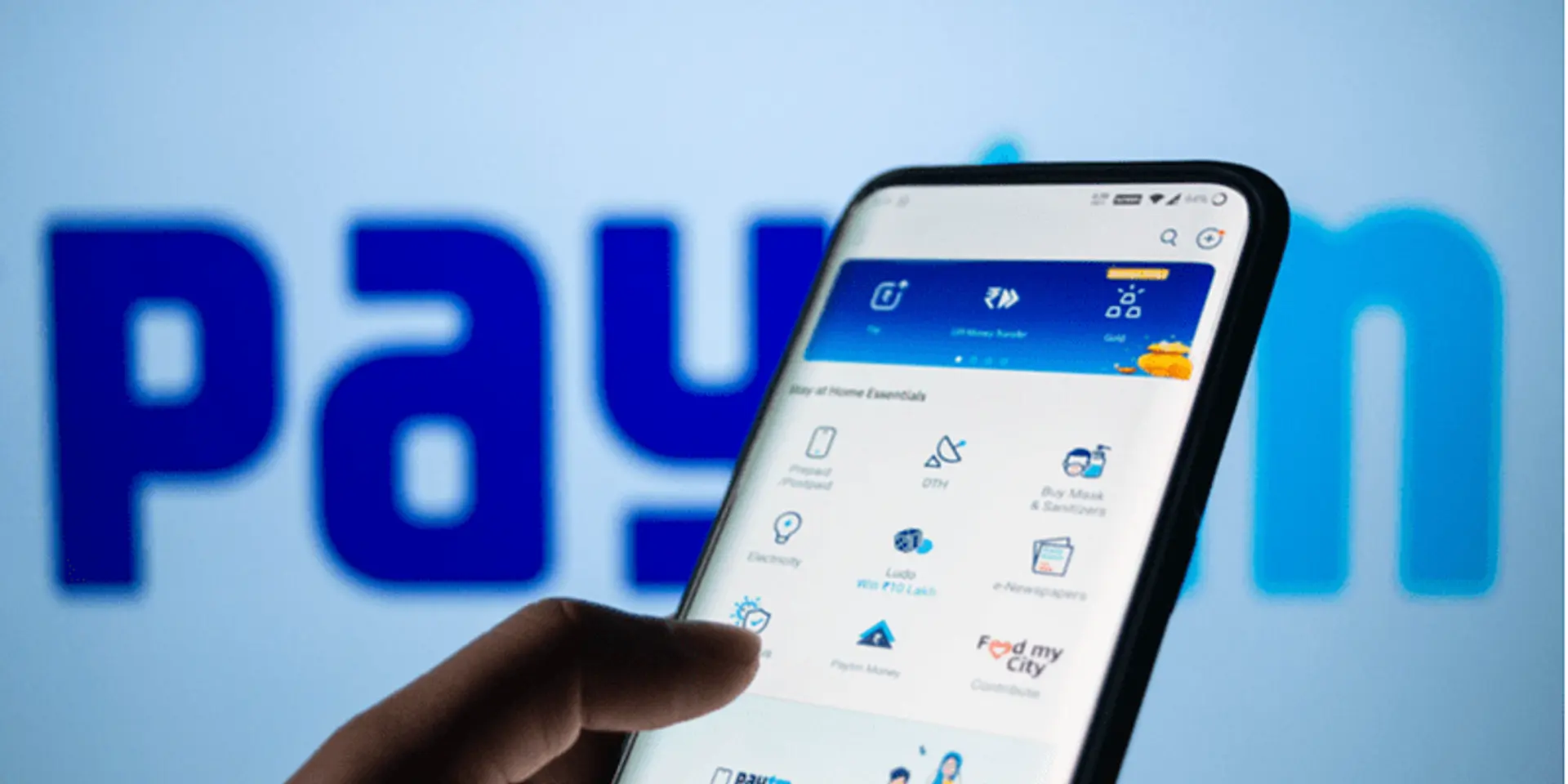Paytm very close to EBITDA profitability, UPI incentives would seal it: CFO Madhur Deora
Paytm significantly reduced its operating loss (EBITDA before ESOP costs) to Rs 41 crore in the December 2024 quarter, compared to a loss of Rs 186 crore in the September 2024 quarter.
Paytm is very close to EBITDA profitability when excluding UPI incentives, and if UPI incentives were included, the company would already be profitable, Madhur Deora, Paytm's President and Group CFO, told analysts on Monday.
"We’re very close to EBITDA before ESOP profitability without UPI incentives. For example, if we had received this quarter’s share of UPI incentives in this quarter, we would already be profitable." Deora said.
This is driven by increasing interest income due to a larger cash position, reduced depreciation expenses, and improved operating leverage, he said. "The gap between EBITDA before ESOP and PAT is going down very meaningfully. In two or three quarters, that gap will be basically zero."
Paytm significantly reduced its operating loss (EBITDA before ESOP costs) to Rs 41 crore in the December 2024 quarter, compared to a loss of Rs 186 crore in the September 2024 quarter.
Deora also pointed to operational efficiencies and the strategic scaling of lending as major contributors. “The merchant side of the business has grown meaningfully, and our lending partners have greater confidence because a large percentage of the loans we disburse are repeat loans,” he noted.
Paytm is seeing ticket sizes rise across its loan portfolio, with merchants accessing loans of around Rs 2 lakh on average—double the figure from three years ago.
On contribution margins, Deora confirmed that the company is maintaining a healthy range of 50-55% excluding UPI incentives and 55-60% including them. However, he highlighted that DLG (default loss guarantee) costs, which have ramped up due to increased merchant lending, impacted the margin this quarter. “That said, as the DLG cost plateaus and collection revenues from this book grow, we expect contribution margins to recover,” he assured.
CEO Vijay Shekhar Sharma joined Deora in emphasizing the company’s push for product-led growth, particularly in consumer and merchant adoption. “Internally, we have switched gears toward growth,” Sharma said. “We are focusing on better retention, reactivation, and growth through product differentiation rather than a Big Bang marketing spend. Our roadmap includes streamlining products to address feedback, especially around retention.”
The company’s payments business also continues to provide significant opportunities. “Only about six lakh merchants have taken financial services products from us, which is less than 1% of our base,” Deora revealed. “This represents a huge opportunity to distribute financial services more effectively, and even at this scale, financial services revenue is already over Rs 450 crore.”
Sharma highlighted the flywheel effect Paytm is building between its consumer and merchant ecosystems. “Our brand presence on the ground, combined with product differentiation, has helped us attract millions of new customers organically,” he said. “For example, our RuPay credit card acceptance through QR codes is already adding another monetization lever for us.”
Looking ahead, Deora reiterated Paytm’s aspirations to drive growth while maintaining fiscal discipline. “While EBITDA and PAT profitability are key milestones, the larger goal is to achieve double-digit EBITDA margins relatively soon,” he said. “This will translate into a substantial amount of PAT.”
Edited by Jyoti Narayan








